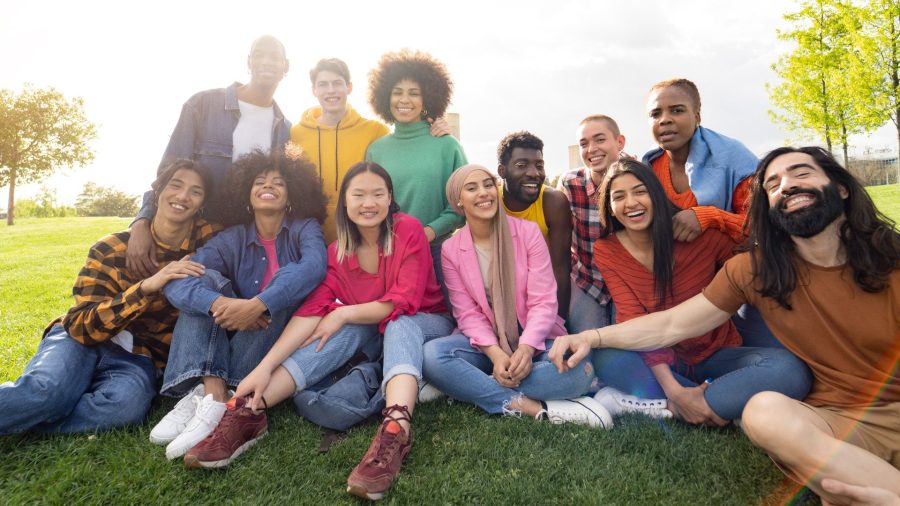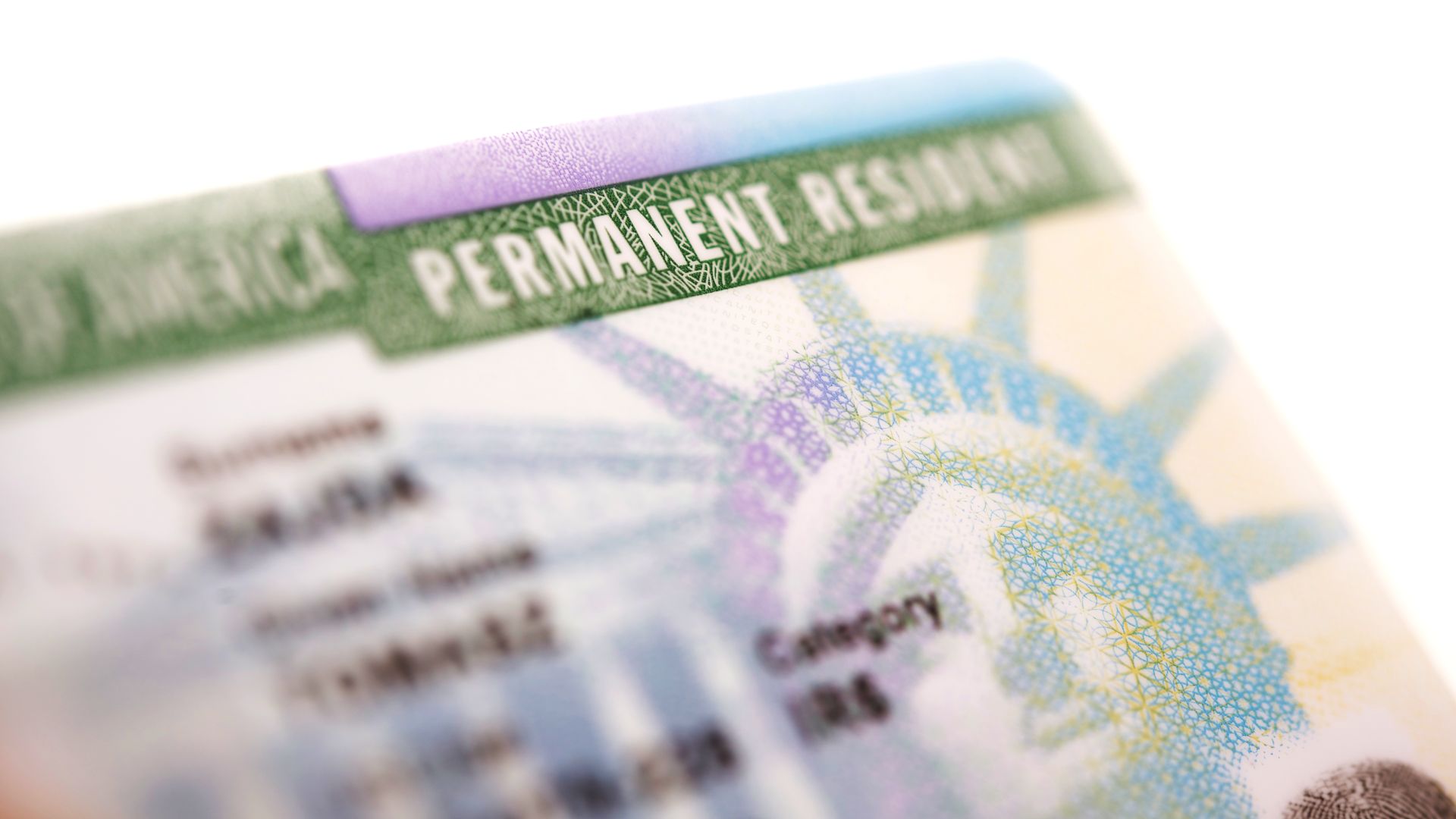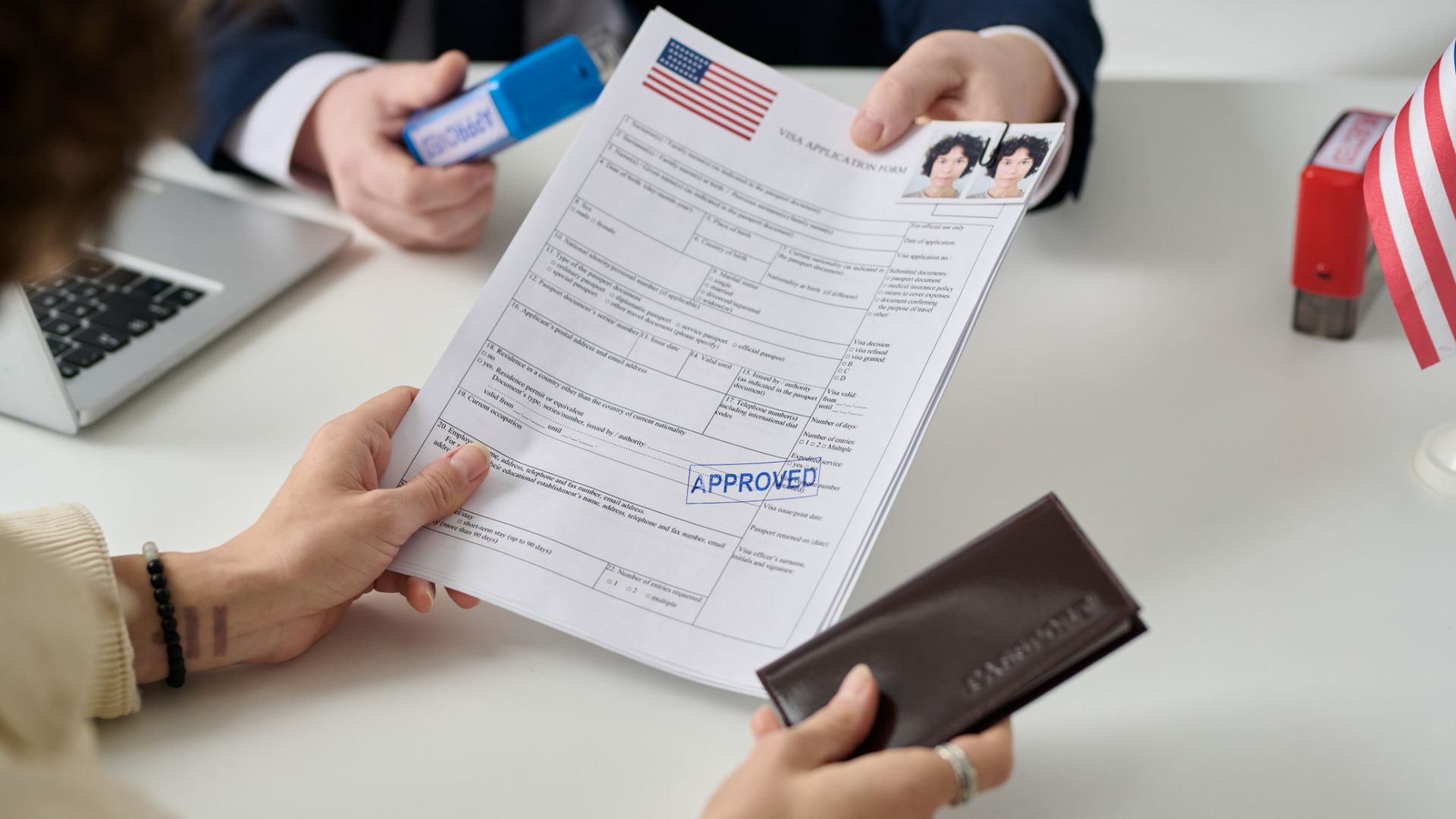The J-1 visa program enables cultural exchange, allowing individuals from diverse backgrounds to engage in educational and cultural activities in the United States. Understanding the intricate rules and guidelines surrounding J-1 visa sponsorship is crucial for prospective applicants and sponsors alike.
What is the J-1 Visa Program?
The J-1 visa program facilitates various types of exchange programs, spanning students, scholars, researchers, and cultural ambassadors. It’s designed to promote mutual understanding between Americans and people from other countries.
Eligibility and Requirements for J-1 Visa
1. Sponsorship Criteria
To obtain a J-1 visa, applicants must be sponsored by an approved exchange program, which can be a university, government agency, or organization.
2. Purpose of J-1 Visa
Individuals participating in the J-1 program should intend to engage in activities related to their field of study or work while fostering cultural exchange.
3. Home Residency and Ties
Applicants need to showcase strong ties to their home country and demonstrate an intent to return upon completion of the J-1 program.
Application Process
The application process for a J-1 visa involves several steps and requires coordination between the applicant, the designated sponsor, and the U.S. Department of State. Here’s an overview of the process:
1. Find a Designated Sponsor:
- Identify and connect with an approved J-1 visa sponsor, which could be a university, government agency, or organization offering an eligible exchange program.
2. Obtain the DS-2019 Form:
- The sponsor initiates the process by issuing the DS-2019 form (Certificate of Eligibility for Exchange Visitor Status) to the applicant.
- This form is necessary for the visa application and provides information about the program’s duration, objectives, and sponsor details.
3. Pay the SEVIS Fee:
- Applicants are required to pay the SEVIS (Student and Exchange Visitor Information System) fee and obtain the receipt.
- The SEVIS fee is a mandatory fee to support the SEVIS system, which tracks and manages information for exchange visitors in the U.S.
4. Complete the DS-160 Form:
- Access and fill out the DS-160 form online. This form gathers information about the applicant, including personal details, travel plans, and program information.
- Upon completion, applicants receive a confirmation page and a barcode, which will be needed for the visa interview.
5. Schedule and Attend a Visa Interview:
- Use the confirmation page from the DS-160 form to schedule an interview at the nearest U.S. embassy or consulate.
- Prepare necessary documents, including the DS-2019 form, passport, SEVIS fee receipt, confirmation of visa application (DS-160), proof of funds, and any additional documents required by the specific embassy or consulate.
- Attend the visa interview on the scheduled date. The consular officer will ask questions about the applicant’s intent, the exchange program, and eligibility for the J-1 visa.
6. Visa Processing and Approval:
- After the interview, the consular officer will determine the applicant’s eligibility for the J-1 visa.
- If approved, the applicant’s passport will be stamped with the J-1 visa, allowing entry into the United States.
7. Enter the United States:
- Upon receiving the J-1 visa, the applicant can enter the U.S. within the dates specified on the visa.
- Exchange visitors should also be mindful of the start date of their program and adhere to any reporting requirements set by their sponsor.
Important Notes:
- It’s crucial to follow the specific instructions provided by the sponsoring organization and the U.S. embassy or consulate where the visa interview will be conducted.
- Processing times for visas can vary depending on the embassy or consulate and other factors, so applicants should apply well in advance of their program start date.
- Applicants must demonstrate ties to their home country and an intent to return after completing the J-1 program to increase the chances of visa approval.
Program Details and Restrictions
1. Duration and Terms
Program lengths vary based on categories and the sponsoring organization’s guidelines.
2. Insurance Requirements
J-1 participants must have adequate health insurance coverage for the duration of their program.
3. No Dual Intent
Applicants should not have intentions to immigrate permanently to the U.S.; rather, they should aim to return to their home country after program completion.
To thrive within the J-1 visa program, continuous awareness of the latest regulations is imperative. Immigration policies can evolve, impacting visa norms. Seeking professional guidance and staying updated with the current rules ensures a smooth, lawful, and compliant experience for both applicants and sponsors.








